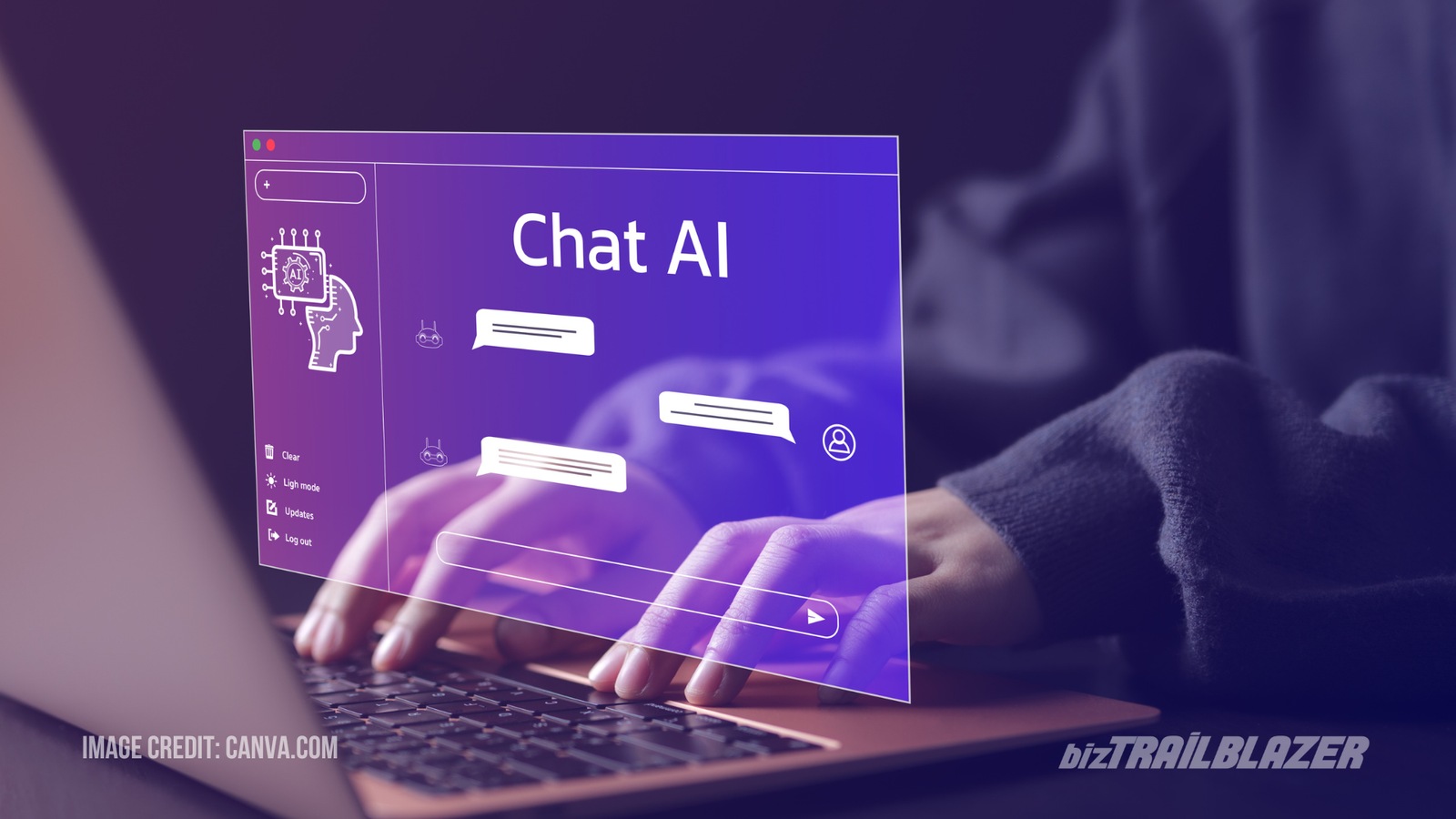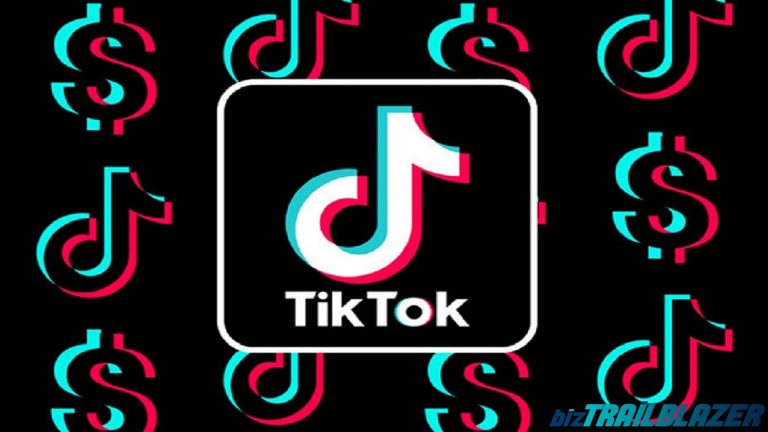Present-day consumers want their preferred brands to stay responsive and available to them at all times, whether through social media, email, or chatbots. But, as most people would agree it is a mammoth task especially if the company serves a large number of clients. As for the customer service approach, it is always wiser to be proactive rather than reactive, and one way to do so is by using an AI chat response generator for messaging.
An AI chat response generator allows businesses to attend and respond quickly whenever a consumer needs attention and can lead to 15% customer churn.
What is an AI chat response generator?
An AI reply generator uses artificial intelligence technology to understand and generate human-like answers to the question or prompt presented. This uses Natural Language Processing models to understand context, grammar, and semantics to provide users with AI generated responses. These systems are created and trained on large amounts of textual data which allows them to learn certain patterns and generate contextually appropriate responses based on the input they have received. Nowadays AI chat response generators are being used in various applications like client services, virtual assistants, and other tools.

How does an AI chat response generator work?
A chat response generator is generally designed to operate with the help of NLP and Machine Learning methods. Here’s a simplified breakdown of how the AI chat response generator works:
- Input Understanding: Whenever the user inputs a question or a statement, the system breaks it down to determine the concept of it first. This includes tokenization of the text (Splitting into smaller units such as words or phrases), and analyzing the grammatical, and semantic structure.
- Contextual Understanding: The response generator is conscious of the conversation’s context. It could contain information from the prior sessions (if programmed to save them) or analyze the current conversation to give the appropriate answers.
- Response Generation: Depending on the provided input and its understanding of the context, the AI text response generator generates a response. This involves:
- Language Generation: Creating a grammatically correct and coherent response.
- Content Generation: Generating relevant and appropriate content to the input query or statement.
- Machine Learning: Most AI response generator uses machine learning models, such as transformer models, which are trained on large datasets. These models learn patterns, associations, and language structures from the data they’re trained on, which allows them to generate responses mimicking human language.
Overall, AI response generators are tools designed to emulate the spoken word, take language input, and understand meaning, while generating appropriate and relevant responses.
How AI chat response generator benefits your business
An AI reply generator can offer several benefits for businesses across various industries:
- 24/7 Customer Support: Chatbots powered by response generators can provide downtime-free customer support. They can answer most of the common queries and provide important information to customers irrespective of time zones or business hours.
- Cost Efficiency: AI reply generators greatly reduce the need for human agents to handle routine inquiries, which helps lower operational costs associated with customer service.
- Scalability: An AI response generator can easily handle increased volumes of customer interactions without requiring significant additional resources.
- Consistency: An AI response generator ensures consistent messaging and information delivery while minimizing response errors or discrepancies.
- Lead Generation: A response generator can assist in lead generation by engaging potential customers, answering their initial questions, and directing them to appropriate contacts.
- Enhanced User Experience: AI chat response generators can improve various interactions by offering immediate responses and providing responses that are formed around real inputs from a user and any input a user may have previously provided.
- Data Collection and Insights: These AI response generators are good for collecting valuable information on customer preferences, commonly asked questions, and pain points which is essential for optimizing products, services, and indeed, marketing.
- Integration with Systems: An AI chat response generator can also be implemented to work with the existing CRM, e-commerce stores, and other tools to improve organizational automation and efficiency.
- Marketing and Sales Support: An AI response generator can also engage users in interactive marketing campaigns, recommend products or services based on customer preferences, and assist in completing sales transactions.
- Brand Image: Implementing a responsive and efficient AI response generator can contribute positively to a company’s brand image, showcasing technological innovation and commitment to customer service excellence.
Overall, AI chat response generator for business can significantly contribute to operational efficiency, customer satisfaction, and business growth by automating and optimizing customer interactions.
Are there any security issues with an AI chat response generator?
Like any other technology, an AI chat response generator for business can present certain security challenges. Below are some key security issues associated with AI chat response generators:
- Data Privacy: As we all know, AI response generators may collect and store valuable user data including but not limited to conversation logs, personal information, and preferences to provide accurate data. So, it’s very important to have robust data encryption, storage, and compliance with privacy regulations (like GDPR or CCPA) to protect user privacy.
- Malicious Use: Hackers can target and abuse chatbots/AI reply generators and spread phishing links containing malware, viruses, or fake information. So, businesses need to put protective measures in place to counter such attacks.
- Bias and Discrimination: AI-powered chatbots can inadvertently perpetuate biases present in the training data. This often leads to discriminatory responses thus reinforcing stereotypes, while harming user trust and reputation.
- Authentication and Authorization: An AI chat response generator may interact with sensitive data or perform actions on behalf of users (like account access or transactions). So, implementing strong authentication and authorization mechanisms to verify user identity and permissions is important.
- Bot Impersonation: Malicious entities can create counterfeit chatbots duplicating legitimate ones to deceive users and steal information. Educating users about verifying the authenticity of chatbots and employing authentication protocols can lower this risk to a large extent.
- Data Breaches: Attackers can gain unauthorized access to sensitive data or compromise system integrity by exploiting weaknesses in chatbot software or infrastructure. Regular security audits, vulnerability assessments, and timely updates are necessary to mitigate such risks.
- Over-reliance on AI: Depending too heavily on AI chatbots without human oversight can lead to errors or misinterpretations, especially in sensitive or complex interactions. Balancing automation with human monitoring and intervention is crucial for maintaining security and accuracy.
Driven by advancements in artificial intelligence, machine learning, and natural language processing, the future of an AI chat response generator seems incredibly promising. It provides a massive improvement in natural language processing and interaction while employing deep learning models to simulate human-like responses, enabling a wide range of applications across industries. However, like any other new technology, addressing security issues in AI response generators requires a multi-faceted approach, including robust data protection practices, ongoing security assessments, user education, and adherence to industry standards and regulations.















![Top 15 Best Chrome Extensions [in 2023] 21 BizTrailBlazer-Blog-Top-15-Best-Chrome-Extensions-in-2021](https://www.biztrailblazer.com/wp-content/uploads/2021/07/BizTrailBlazer-Blog-Top-15-Best-Chrome-Extensions-in-2021.jpg)